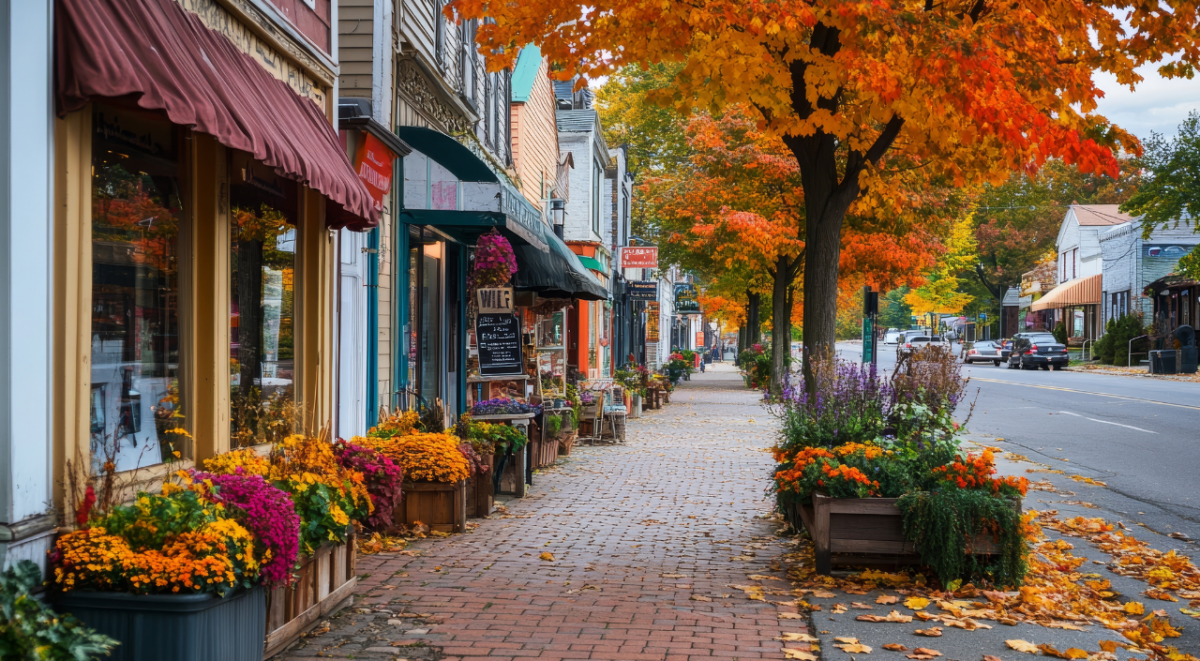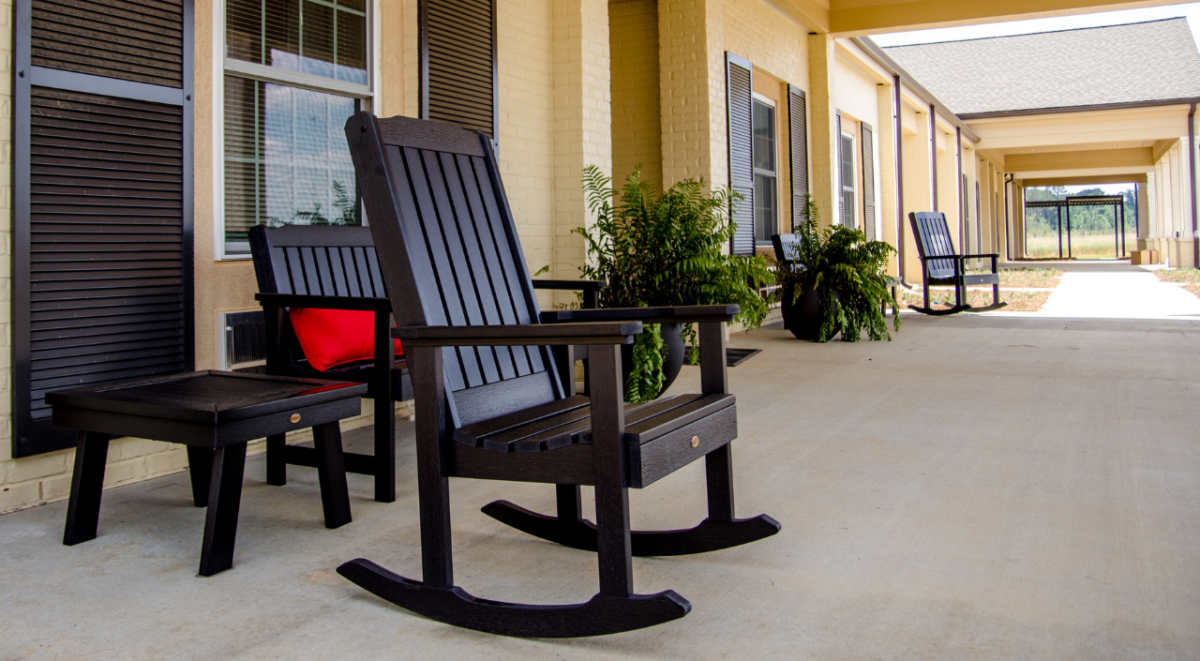The United States Department of Agriculture (USDA) offers a wide variety of business loan programs to support business creation and growth across the United States. Chief among these is the USDA Rural Development (RD) Loan Program, dedicated to growing jobs, improving the economy and overall quality of life in rural America. There are several USDA business lending initiatives under the RD umbrella including the Business & Industry (B&I), Community Facilities (CF), and Rural Energy for America (REAP) loan programs. All of these work by the USDA partnering with approved lenders like North Avenue Capital (NAC) and guaranteeing portions of business loans to encourage increased commercial lending. The loan benefits are significant, including the wide array of qualifying uses; high loan amounts of up to $25 million (up to $100 million for some CF loans); loan terms of 7, 15, 30, or 40 years, depending upon funding use; and competitive interest rates tied to the Wall Street Journal Prime Rate. But what are the qualifying considerations for these loans? Here are 5 key eligibility factors for a USDA Business Loan that you need to know.
1. Geographic Location
For-profit and non-profit businesses, new and existing businesses, individuals, cooperatives, public companies, federally recognized tribes, and public bodies all are eligible to apply for USDA Business loans. Funding can be used for all kinds of purposes, everything from business acquisition to construction, expansion, conversion, repair, the purchase of equipment and supplies, working capital, and refinancing.
However, because the business loans under the RD program are intended to advance economic development in rural areas, prospective borrowers must be seeking financing for a business located in a “rural” area. While this might mistakenly seem to be a disqualifying factor for many, the fact is that the USDA defines “rural areas” as any community, city, or town with 50,000 or fewer residents. This in turn represents approximately 97% of America’s geographical area! Eligible borrowers may also include businesses headquartered in larger metro areas with populations of more than 50,000 as long as the project being funded is in a qualifying community.
2. Loan Needs Above $2 Million
USDA business loans through North Avenue Capital require borrowers to be seeking financing from $2 million and up. Business owners seeking smaller loan amounts are better served seeking SBA loans. While USDA Business & Industry Loans are similar in many ways to SBA 7(a) loans, those loans have no minimum, although they are commonly for no less than $30,000.
3. A Well-Developed Business Plan for a Startup or Historical Financials for an Established Business
As is the case with any new business seeking a commercial loan, a start-up must be able to provide their lender with a formal, well-developed business plan and feasibility study. This business plan should describe the vision for their prospective new venture, describing their products, services, and company in detail. It should include information about their industry, operations, finances, and market analysis that presents a viable plan for being able to repay the loan.
For existing companies, historical financials are required. This includes:
• A business credit report
• Current balance sheet
• Profit & loss statement under 90 days old
• Cash-flow projections for 2 years
• Pro-forma balance sheet for projected loan closing
• Real estate and/or environmental appraisal, if applicable
• Planned number of jobs created or saved, and average wages of those jobs associated with business expansion, modernization, etc.
4. Collateral to Securitize the Funding Amount Sought on a 1:1 Basis
USDA Business Loans are collateral-backed loans for credit-worthy borrowers. As such, borrowers must be able to securitize the loans with fixed assets valued at an amount equivalent to the loan amount requested. Collateral can include any fixed assets such as cash, real estate, and equipment. Assets are discounted and valued consistent with a sound loan-to-value policy.
5. A Credit Score of 680 or Above and/or a Personal Guarantor
In addition to being able to securitize a USDA business loan with collateral, all borrowers must have a good credit history. This means a credit score of at least 680, along with a good payment history and low credit utilization. The higher one’s credit score, the lower the interest rates may be.
Other minimum qualifying criteria set forth by the USDA include the borrower having a tangible balance sheet equity position of at least 10% for an existing business, 20% for a new one, and 25% for construction projects at loan closing. Borrowers may also be required to provide personal and/or corporate guarantees. All owners are required to provide credit reports, including personal or corporate financial statements of loan guarantors.
USDA business loans offer many advantages for rural entrepreneurs desiring to launch a new business or grow and develop an existing one. North Avenue Capital can help assess your eligibility for an RD USDA Business Loan and if qualified, apply for commercial financing. NAC is the nation’s #1 provider of USDA B&I Loans with offices in Northeast Florida, Nevada, Arkansas, Georgia, Tennessee, and Texas. We work with partners in all 50 states and can help clients wherever they are based. Contact us today at (904) 595-2483.


